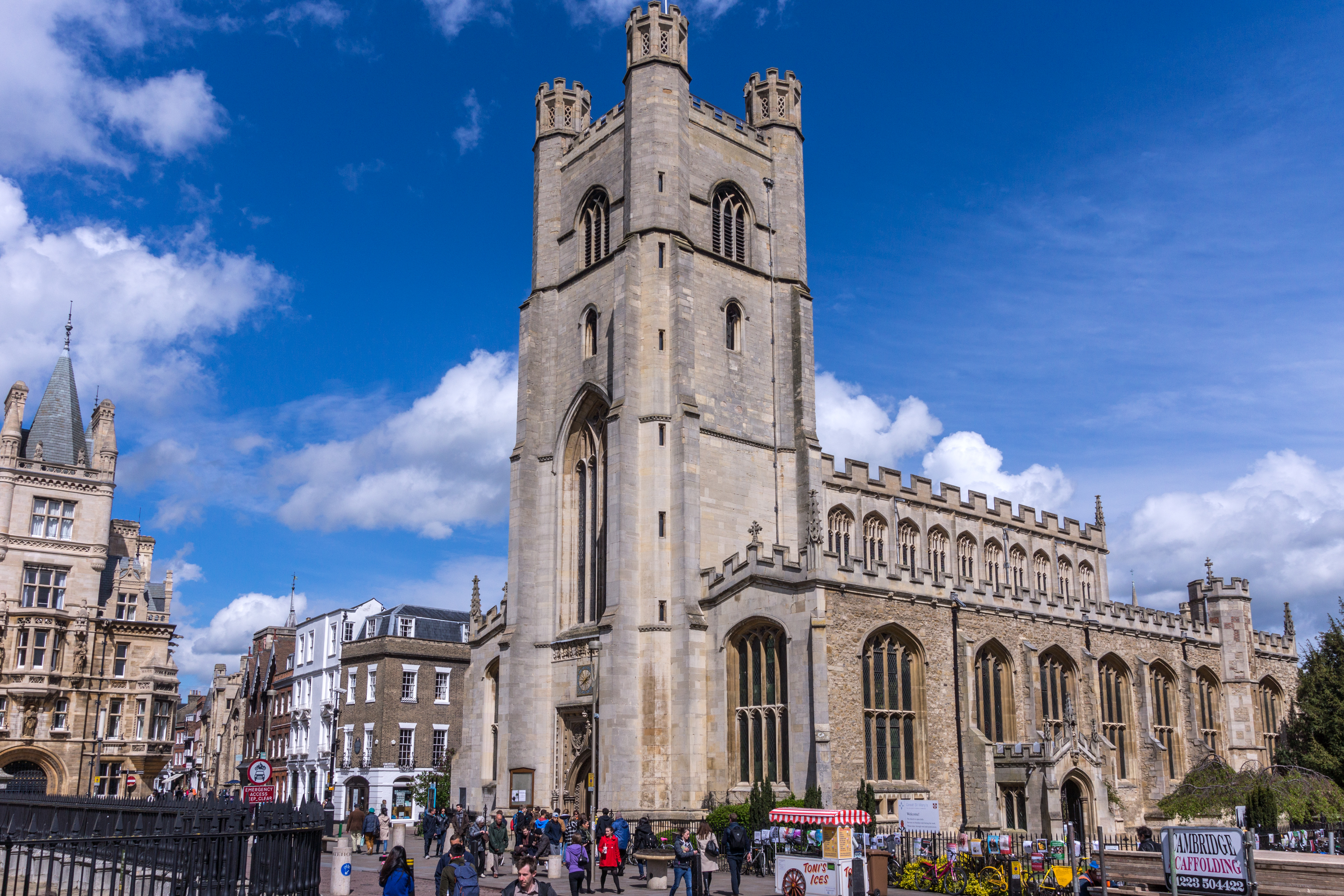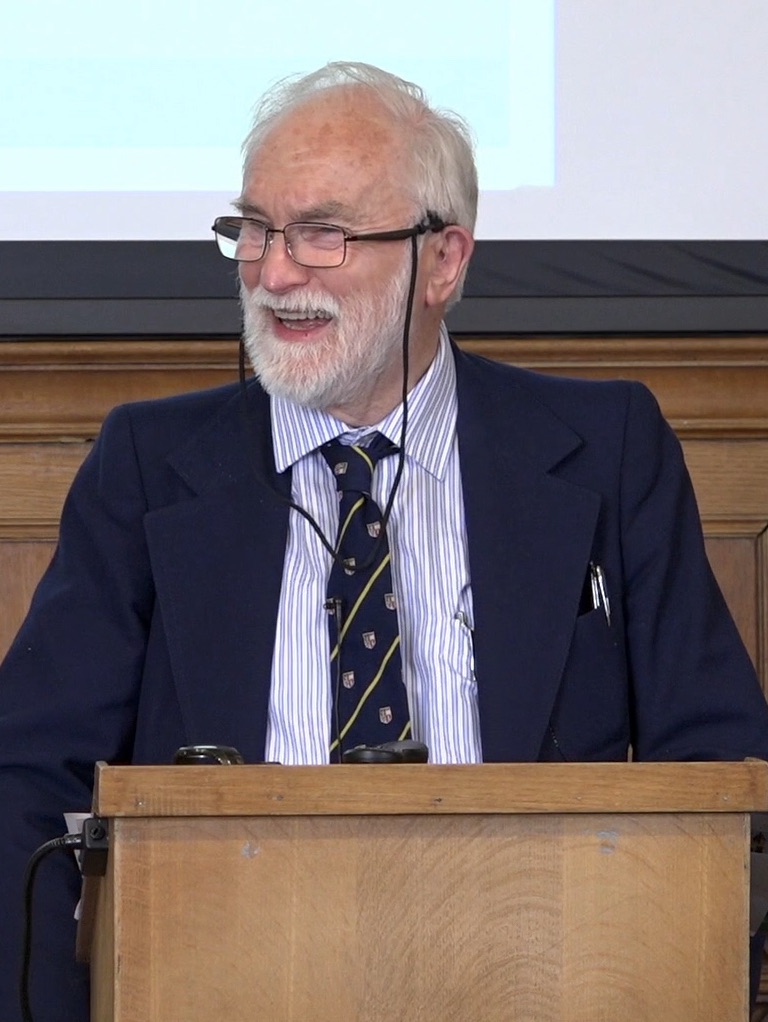|
Faculty Of Divinity, University Of Cambridge
The Cambridge Faculty of Divinity is the divinity school of the University of Cambridge. It houses the Divinity Faculty Library, Cambridge, Faculty Library. History Divinity (academic discipline), Divinity has been taught in the University of Cambridge since its foundation, in the early 13th century,A brief history of theology at Cambridge Faculty of Divinity University of Cambridge, around the time the university itself was founded.800 Years of History: Cambridge through the Centuries , University of Camb ... [...More Info...] [...Related Items...] OR: [Wikipedia] [Google] [Baidu] |
Divinity (academic Discipline)
Divinity is the study of Christian theology and ministry at a school, divinity school, university, or seminary. The term is sometimes a synonym for theology as an academic, speculative pursuit, and sometimes is used for the study of applied theology and ministry to make a distinction between that and academic theology. While it most often refers to Christian study which is linked with the professional degrees for ordained ministry or related work, it is also used in an academic setting by other faith traditions. For example, in many traditional British public schools and universities, the term is often used in place of Religious Studies, which deals with religion more broadly, to describe classes that include theology and philosophy in the context of religion as a whole, rather than just the Christian tradition. Areas and specializations Divinity can be divided into several distinct but related disciplines. These vary, sometimes widely, from church to church and from one f ... [...More Info...] [...Related Items...] OR: [Wikipedia] [Google] [Baidu] |
Cambridge Theological Federation
The Cambridge Theological Federation (CTF) is an association of theological colleges, courses and houses based in Cambridge, England and founded in 1972. The federation offers several joint theological programmes of study open to students in member institutions; these programmes are either validated by or are taught on behalf either the University of Cambridge or Anglia Ruskin University. It also offers courses as part of the Common Award validated by Durham University. Programmes CTF has the following undergraduate programs: *BTh: Bachelor of Theology for Ministry (University of Cambridge) *DTM: Diploma in Theology for Ministry (University of Cambridge) *Certificate of Higher Education in Theology, Ministry and Mission (Common Award) *Diploma of Higher Education in Theology, Ministry and Mission (Common Award) *BA (Hons) in Theology, Ministry and Mission (Common Award) *Graduate Diploma in Theology, Ministry and Mission (Common Award) CTF has the following post-graduate progra ... [...More Info...] [...Related Items...] OR: [Wikipedia] [Google] [Baidu] |
University Rankings
College and university rankings order the best institutions in higher education based on factors that vary depending on the ranking. Some rankings evaluate institutions within a single country, while others assess institutions worldwide. Rankings are typically conducted by magazines, newspapers, websites, governments, or academics. In addition to ranking entire institutions, specific programs, departments, and schools can be ranked. Some rankings consider measures of wealth, excellence in research, selective admissions, and alumni success. Rankings may also consider various combinations of measures of specialization expertise, student options, award numbers, internationalization, graduate employment, industrial linkage, historical reputation and other criteria. There is much debate about rankings' interpretation, accuracy, and usefulness. The expanding diversity in rating methodologies and accompanying criticisms of each indicate the lack of consensus in the field. Further, it s ... [...More Info...] [...Related Items...] OR: [Wikipedia] [Google] [Baidu] |
University Of Oxford
, mottoeng = The Lord is my light , established = , endowment = £6.1 billion (including colleges) (2019) , budget = £2.145 billion (2019–20) , chancellor = The Lord Patten of Barnes , vice_chancellor = Louise Richardson , students = 24,515 (2019) , undergrad = 11,955 , postgrad = 12,010 , other = 541 (2017) , city = Oxford , country = England , coordinates = , campus_type = University town , athletics_affiliations = Blue (university sport) , logo_size = 250px , website = , logo = University of Oxford.svg , colours = Oxford Blue , faculty = 6,995 (2020) , academic_affiliations = , The University of Oxford is a collegiate research university in Oxf ... [...More Info...] [...Related Items...] OR: [Wikipedia] [Google] [Baidu] |
Faculty Of Theology And Religion, University Of Oxford
The Oxford Faculty of Theology and Religion co-ordinates the teaching of theology at the University of Oxford, England. It is part of Oxford's Humanities Division. The Theology Faculty Centre was at 34 St Giles' in central Oxford. It is now on the second floor of the Gibson Building in the Radcliffe Observatory Quarter on Woodstock Road. History One of the first series of lectures delivered at Oxford University was on theology. As early as 1193, Alexander Neckam from St Albans gave biblical and moral lectures on the Psalms of David and the Wisdom of Solomon. One of the first university buildings was the Divinity School, begun in 1423 specifically for theology lectures. The modern theological faculty emerges during the reform of the University of Oxford in the nineteenth century. The Final Honour School of Theology - as a route to the Bachelor of Arts degree - was introduced in 1869. Up until then, theological study was the reserve of graduates and those seeking ordinati ... [...More Info...] [...Related Items...] OR: [Wikipedia] [Google] [Baidu] |
Hulsean Lectures
The Hulsean Lectures were established from an endowment made by John Hulse to the University of Cambridge in 1790. At present, they consist of a series of four to eight lectures given by a university graduate on some branch of Christian theology. History The lectures were originally to be given by a "learned and ingenious clergyman" from Cambridge, holding the degree of Master of Arts, who was under the age of forty years. The terms for the lectures were quite extensive and particular. The lecturer was As a result of these rather demanding terms and conditions, for some thirty years (1790–1819) no person could be found who would undertake the office of this lectureship. The first to accept was Christopher Benson, who held the post until 1822, at which time he quit, having found the terms and conditions imposed by the lectureship too fatiguing and laborious. For the rest of the decade, only two more lecturers were found, and both in their turn resigned for the same reasons. ... [...More Info...] [...Related Items...] OR: [Wikipedia] [Google] [Baidu] |
Named Lectures
A Named Lecture is a lecture delivered usually at a predefined frequency and it is associated with a name of a person of outstanding significance to the subject the lecture is concerned with. Such lectures exist for a number of branches of Science and Engineering and they commemorate individuals who have made significant contribution to the subject. Science Mathematics Physics Computer Science/Information Technology * Wheeler Lecture Engineering Civil Engineering * BGA Rankine Lecture * ASCE Terzaghi Lecture * Coulomb Lecture * BGA Géotechnique Lecture * GS Glossop Lecture * ICE SECED Mallet-Milne Lecture * AGS Poulos Lecture Mechanical Engineering * ASME Timoshenko Lecture Electrical Engineering Religion and Philosophy *Gifford Lectures * John Locke Lecture * Neal A Maxwell Lecture * Howison Lecture in Philosophy * Lowell Lectures *Tanner Lectures on Human Values The Tanner Lectures on Human Values is a multi-university lecture series in the humanities, founde ... [...More Info...] [...Related Items...] OR: [Wikipedia] [Google] [Baidu] |
World Christianity
World Christianity or global Christianity has been defined both as a term that attempts to convey the global nature of the Christian religion and an academic field of study that encompasses analysis of the histories, practices, and discourses of Christianity as a world religion and its various forms as they are found on the six continents. However, the term often focuses on "non-Western Christianity" which "comprises (usually the exotic) instances of Christian faith in 'the global South', in Asia, Africa, and Latin America." It also includes Indigenous or diasporic forms of Christianity in the Caribbean, South America, Western Europe, and North America. History of the term The term ''world Christianity'' can first be found in the writings of Francis John McConnell in 1929 and Henry P. Van Dusen in 1947. Van Dusen was also instrumental in establishing the Henry W. Luce Visiting Professorship in World Christianity at Union Seminary in 1945, with Francis C. M. Wei invited ... [...More Info...] [...Related Items...] OR: [Wikipedia] [Google] [Baidu] |
Philosophy Of Religion
Philosophy of religion is "the philosophical examination of the central themes and concepts involved in religious traditions". Philosophical discussions on such topics date from ancient times, and appear in the earliest known texts concerning philosophy. The field is related to many other branches of philosophy, including metaphysics, epistemology, and ethics.Stanford Encyclopedia of Philosophy"Philosophy of Religion."/ref> The philosophy of religion differs from religious philosophy in that it seeks to discuss questions regarding the nature of religion as a whole, rather than examining the problems brought forth by a particular belief-system. It can be carried out dispassionately by those who identify as believers or non-believers. Overview Philosopher William L. Rowe characterized the philosophy of religion as: "the critical examination of basic religious beliefs and concepts." Philosophy of religion covers alternative beliefs about God or gods or both, the varieties of re ... [...More Info...] [...Related Items...] OR: [Wikipedia] [Google] [Baidu] |
History Of Christianity
The history of Christianity concerns the Christian religion, Christian countries, and the Christians with their various denominations, from the 1st century to the present. Christianity originated with the ministry of Jesus, a Jewish teacher and healer who proclaimed the imminent Kingdom of God and was crucified in Jerusalem in the Roman province of Judea. His followers believe that, according to the Gospels, he was the Son of God and that he died for the forgiveness of sins and was raised from the dead and exalted by God, and will return soon at the inception of God's kingdom. The earliest followers of Jesus were apocalyptic Jewish Christians. The inclusion of Gentiles in the developing early Christian Church caused the separation of early Christianity from Judaism during the first two centuries of the Christian era. In 313, the Roman Emperor Constantine I issued the Edict of Milan legalizing Christian worship. In 380, with the Edict of Thessalonica put forth under T ... [...More Info...] [...Related Items...] OR: [Wikipedia] [Google] [Baidu] |
Christian Theology
Christian theology is the theology of Christianity, Christian belief and practice. Such study concentrates primarily upon the texts of the Old Testament and of the New Testament, as well as on Christian tradition. Christian theology, theologians use biblical exegesis, rationality, rational analysis and argument. Theologians may undertake the study of Christian theology for a variety of reasons, such as in order to: * help them better understand Christian tenets * make comparative religion, comparisons between Christianity and other traditions * Christian apologetics, defend Christianity against objections and criticism * facilitate reforms in the Christian church * assist in the evangelism, propagation of Christianity * draw on the resources of the Christian tradition to address some present situation or perceived need * education in Christian philosophy, especially in Neoplatonism, Neoplatonic philosophyLouth, Andrew. The Origins of the Christian Mystical Tradition: From Plato ... [...More Info...] [...Related Items...] OR: [Wikipedia] [Google] [Baidu] |






